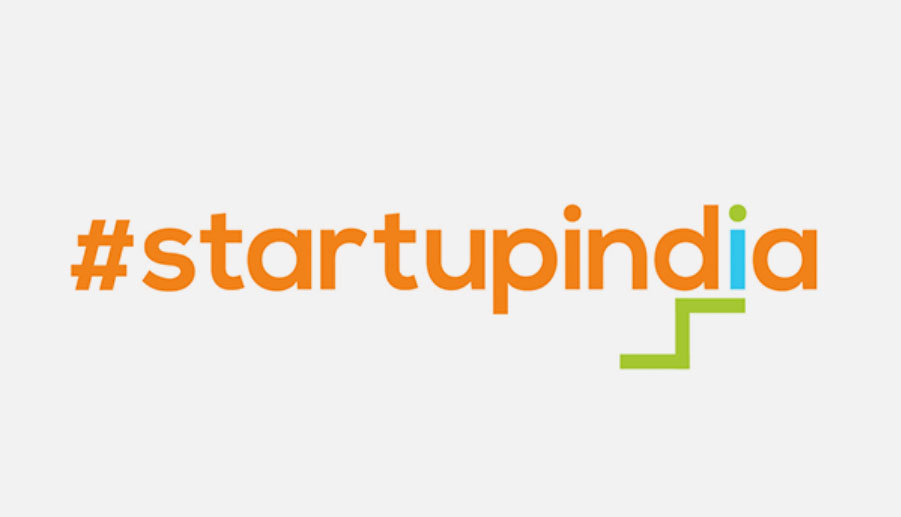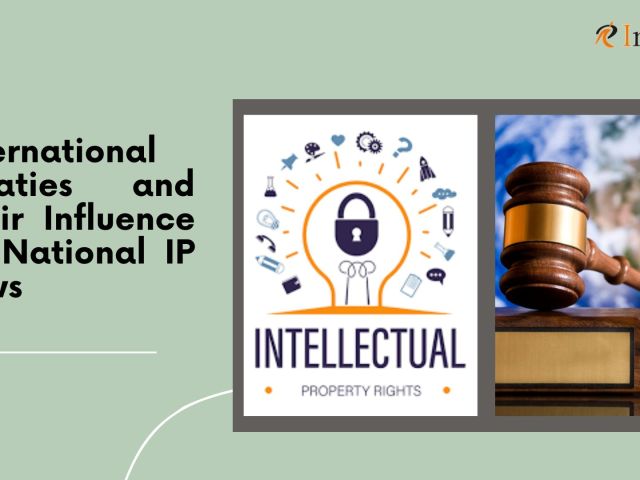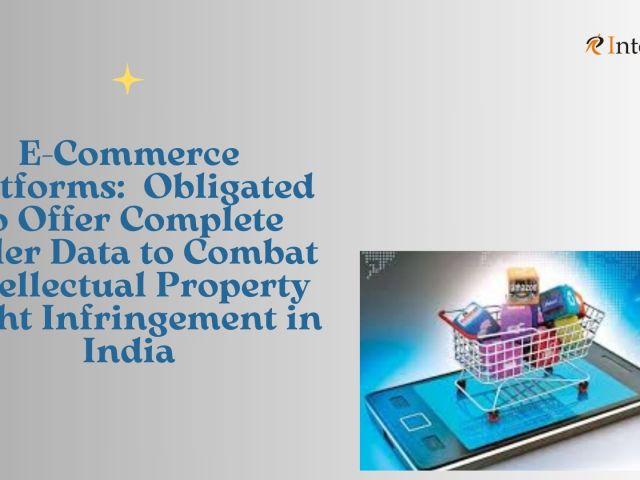Many of us were motivated to set up our own company/business and quite a number succeeded. We were and continue to be convinced that the future of the Indian economy and trade lies in such startups. Gladly, Our Prime Minister feels the same.
No! No! He is not setting up his own firm but is encouraging others to do so by way of the SIPP- Scheme of Facilitating Start-Ups Intellectual Property Protection.
What is the SIPP?
The SIPP or the Scheme of Facilitating Start-Ups Intellectual Property Protection is a part of the recently launched Start-Up India Action Plan 2016. Supported extensively by the Government of India, it aims at protecting, promoting awareness and encouraging innovation and creativity among startups.
Any start-up certified by the Start-Up Certification Board as having an innovative business can avail the benefits of the scheme.
What is mean by a Start-up?
Any entity incorporated or registered in India not prior to five years, with an annual turnover not exceeding 25 crore rupees in any preceding financial year and working towards innovation, development or commercialization of new products, processes or services driven by technology or any other form of intellectual property rights will be deemed to be a Start-Up.
At this juncture, it is essential to note that an entity would cease to a start-up after five years or once its turnover exceeds 25 crore rupees.
What are the benefits of the SIPP?
The primary objective of the SIPP scheme is to promote awareness and the adoption of IPRs among start-ups. The scheme is exclusively designed to nurture emerging technologies in startups and assist them in protecting the same while deriving maximum commercial benefit out of it.
In furtherance of this objective, The SIPP scheme helps start-ups to register and protect their intellectual property rights at charges that are affordable and convenient for them.
How does one avail the benefits of the Intellectual Property Scheme?
The primary requisite is that the entity that seeks to avail this scheme is that it should be registered as a start-up with the Start-Up Certification Board. However, as per the notification dated 13.07.2016 issued by patent office, the startup do not require to obtain the certificate from the certification board. Further, such start-up should enlist the help of a facilitator.
Who is a facilitator?
In order to assist start ups, the Government of India has appointed facilitators. Facilitators are those empanelled by the Controller of Patent, Trademark and Design (CGPTDM) and who are the ones permitted by the Government to assist start-ups in protecting their intellectual property.
Now, a facilitator can be:
–Patent agent registered with the CGPTDM.
–Trademark agent registered with the CGPTDM.
-Any advocate as defined under the Advocate’s Act, 1961.
-Government Departments/organizations and agencies like TIFAC, NRDC, BIRAC etc.
It is imperative to note that not every patent/trademark agent or patent lawyer is a facilitator. Therefore, only patent/trademark agents or lawyers who have been empanelled by the Controller of Patents, Trademark, and Design are deemed to be facilitators.
What does a facilitator do?
A facilitator is entrusted with several responsibilities including:
-Providing general advice in different IPRs to startups on a pro bono basis.
-Secondly, providing information with regard to protection and promotion of IPRs of startups in other countries.
-Assisting in filing and disposing of the IP applications with regard to patents, trademarks, and designs.
–Drafting complete or provisional specifications for inventions of startups and other ancillary functions.
-Preparing and filing responses to the examination reports and other notices or letters sent by the patent office.
-Appearing on behalf of startups for hearings.
-And also, contesting oppositions, if any.
-Finally, ensuring the final disposal of the IPR application.
How does getting one’s Intellectual Property protected through a facilitator prove beneficial?
The registration of the SIPP scheme requires only payment of a procedural/statutory fee. The eligible startup can get their IP protection by the facilitators at nil professional fees. Further, the fee has to be paid directly to the Government, thus ensuring transparency in the transaction.
Since the government is the government is assisting in the protection of Intellectual Property of Startups, Does it claim a stake in too?
Absolutely not! As stated earlier, the primary aim of the SIPP scheme is to promote awareness and the adoption of IPRs among start-ups. Therefore, the facilitator and the Government cannot and will not lay a claim on the intellectual property of the startup. It will be under the sole ownership of the startup.
How does one find a facilitator?
The list of facilitators empanelled by the CGPTDM is available on www.ipindia.nic.in. You may also be interested to read how can a startup avail the benefits under SIPP?




